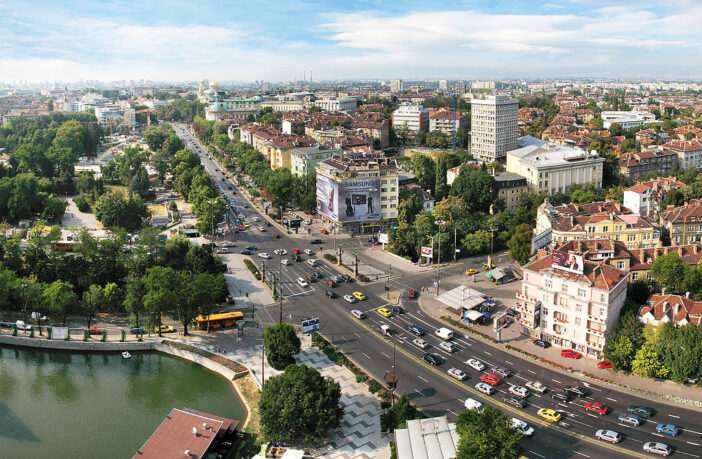The majority of Bulgaria’s international medical students study in English. Doctors need good cooperation, problem-solving, and communication abilities. Additionally, you must constantly enhance these talents, extend your professional knowledge, monitor clinical research trends, and apply what you’ve learned to your daily life. As a medical graduate, you will have several job options, and your beneficial impact on people’s lives will be rewarded.
We will explore the benefits of studying medicine in Bulgaria, employment options after graduation, tuition and living costs, and your daily life as a medical student overseas.
Medical School Benefits in Bulgaria
You may ask what Bulgarian higher education offers and if studying abroad is beneficial. Bulgaria attracts foreign students due to its internationally recognized degrees, great work prospects after graduation, inexpensive living costs and tuition fees, and cosmopolitan environment.
As an EU member, Bulgaria offers internationally recognized Master’s degrees in medicine. This is a great chance for graduates who want to work or study abroad and take advantage of global employment opportunities. The internationally recognized certificate, high-quality higher education, and practical experience offered by Bulgarian universities will give you various professional options. Students often work overseas or seek PhD programs to become specialists in their subject. Whatever you select, you will benefit from a high graduate employment rate and work in a fast-growing profession that aspires to enhance global health care.
Bulgaria has lower tuition and living costs than other European countries. Modern apartments in the capital city center cost roughly 350 EUR per month, which is rare. Medicine in English costs between 7000 and 9000 EUR per year, compared to substantially higher fees at top Western European universities.
The two main cities, Sofia and Plovdiv, are historic, cultural, and diverse. Sofia and Plovdiv Medical Universities, two top medical schools, accept around 1000 international students annually. Most are from the UK, Germany, Italy, Ireland, India, Pakistan, and Sweden. International restaurants and brands at the largest shopping malls will make you feel at home.
Admissions and Tuition Fees
As mentioned, Bulgarian medicine in English tuition costs between 7000 and 9000 EUR per year. Students pay half of their tuition at the start of the winter semester and half at the start of the summer semester. Students studying abroad in Bulgaria often apply for student loans from home. Scholarships from Bulgarian universities do not cover tuition.
All Bulgarian universities offering English medicine have a Biology and Chemistry entrance test. Sometimes applicants must take an English exam. According to university standards and deadlines, application paperwork must be produced and submitted. Bulgaria is a fantastic place to study medicine due to its high number of spaces and inexpensive entry requirements compared to other European medical universities.
An Ordinary Bulgarian Medical Student Day
English medicine students spend their first two years in pre-clinical subjects like Biology, Chemistry, Physics, Latin, and Anatomy. Teachers teach in English while students learn Bulgarian to communicate with locals and patients. Lectures and seminars are usually weekday lessons. The senior year of university includes hospital internships.
Conclusion
Thousands of medical students from all over the world come to Bulgaria each year to start or continue their medical education, making it one of the best places in Europe to study medicine. The medical education is of excellent quality, and the MD and DMD degrees obtained from Bulgarian universities are recognized globally.





